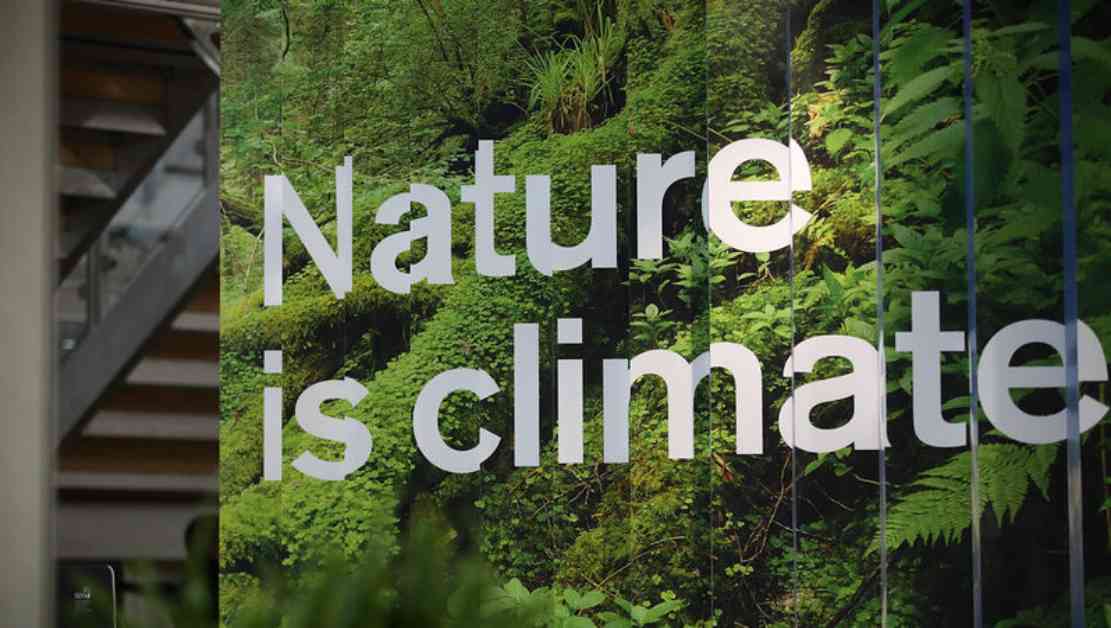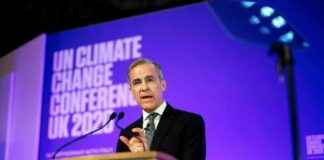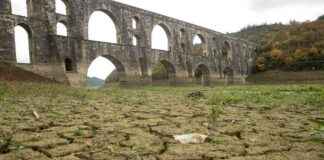As we get ready to celebrate Earth Day and gear up for the UN COP30 climate summit, it’s hard to ignore the fact that the climate and biodiversity crises are wreaking havoc all around us. Nele Marien, the Forests & Biodiversity International Programme Coordinator for Friends of the Earth International, sheds light on the interconnectedness of these crises in a recent report titled Climate and Biodiversity in Freefall. According to the report, the root causes of these issues lie in the economic, social, and political systems that prioritize profits over people and the planet.
The report highlights how climate change and biodiversity loss are intertwined, with both stemming from the same systems that prioritize exploitation and exacerbate each other. The Intergovernmental Panel on Climate Change warns that about 1 million plant and animal species are currently facing extinction due to rising temperatures and extreme weather events. This loss of biodiversity also has a significant impact on climate stability, as ecosystems lose biomass and species diversity declines. Deforestation and soil degradation from industries like agriculture have led to a reduction in carbon storage in biomass, pushing the Amazon rainforest to the brink of becoming a carbon source rather than a sink.
Despite the urgency of these challenges, current policy responses are falling short, pushing us further towards a deadlock. False solutions like biofuels and carbon offsets are only making matters worse by perpetuating land competition, deforestation, and biodiversity loss. Tree-planting initiatives, often in monoculture plantations, are also being used as greenwashing tactics by corporations to delay real climate action. To truly address these crises, a holistic approach is needed that tackles the underlying causes of climate change and biodiversity loss. It’s clear that real system change is necessary to dismantle oppressive structures and ensure a sustainable future for all.














